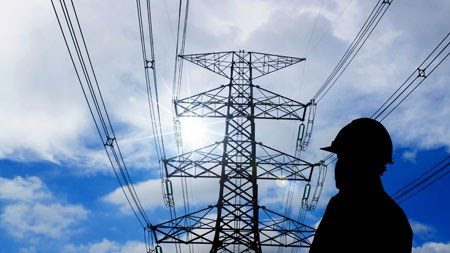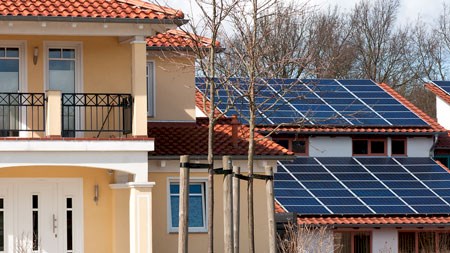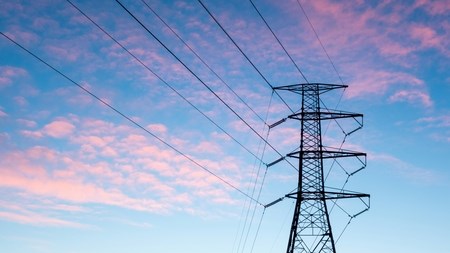Unraveling the truth about Eskom and what the future might hold for property owners as far as power is concerned is a quite impossible task. Every sector organisation has made its statement and many have made their demands; Eskom has made its position clear (“there is no crisis”); and many analysts have gone down the “could’ve, would’ve, should’ve” route.
It helps to understand the situation. South Africa needs to produce about 30 000 megawatts of power to satisfy its current daily demands – down from more than 36 000 megawatts in 2008, when last we experienced rolling blackouts (according to Eskom, this reduction is a result of successful campaigns to convince consumers to reduce our consumption). And while our total capacity tops out at more than 41 000 megawatts, about 25% of this is unavailable at any one time because the equipment is undergoing maintenance or because it’s failed. The latest not-a-crisis – the bizarre collapse of a coal silo at Majuba Power Station – has left the nation perilously close to drawing its full available capacity, and, in order to prevent a possible total system failure, Eskom has no choice but to restrict supply to various areas of the country at various times: in effect to ration us so that everyone has at least some electricity for most of each day.
Track the schedule
The euphemism the company uses to describe this action is: load shedding. And, depending on how much power it needs to conserve at any one time, it declares a Stage 1 (we need to cut national usage by 1 000 megawatts – STAT!), Stage 2 (2 000 megawatts) or Stage 3 (up to 4 000 megawatts) load shedding schedule. (You can track the situation at www.poweralert.co.za.)
But why is load shedding even a thing?
That’s an even more fraught question, which investigative editor at EE Publishers, Chris Yelland, addresses in his article, Recommendations to address the generation capacity “crisis” in SA (published 14 December, 2014).
It seems we shouldn’t be here at all: the Department of Minerals and Energy placed a clear and workable White Paper on the Energy Policy of the Republic of South Africa on the table as far back as December 1998 in which it stated that “The state should establish a clear difference between its primary role as a policy making and regulatory entity of the energy sector, and its secondary role as a facilitator in the supply of energy services.”
Knock-on effect is massive
But, of course, this didn’t happen. As Chris Yelland wrote, “South Africa is rich in energy resources, both natural energy and human energy. We do not have an energy crisis in South Africa. What we have experienced instead is a serious management failure”.
And this management failure is affecting every one of us. As The Cape Chamber of Commerce reported after a snap survey of just one area (Parow Industria), the knock-on is felt across all industries – from ceramics to food, and from metals to pharmaceuticals (Eskom Load Shedding affects business).
And as you know from personal experience, it’s affecting you at home, too.
But since it’s affecting us all, it makes sense for each of us to heed those calls to cut the amount of power we use in our own small ways - although, as Private Property has previously reported, many of us are probably in a position to work ourselves into positions where we can demand very little, or even nothing from the national grid (see Go green or go home and Don’t just dream green).
The big thing, of course, is not to start feeling too, erm, dark about the whole thing.
As Chris Yelland wrote, “What gives hope in this mess of unfulfilled expectations is that there is still so much to be done that has been neglected by the myopic and closed-minded attitudes within government, the Department of Energy, the Department of Public Enterprises, Eskom and municipalities”.
And if all else fails – there’s always our great South African stopgap.
We can braai.




